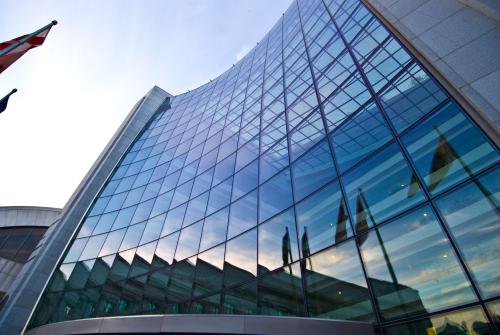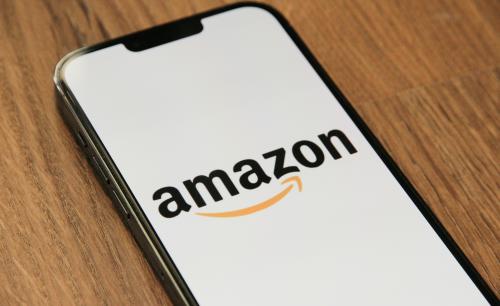– UK business publishing company Informa was widely criticized this week after shifting its AGM to take place in the French Riviera rather than its London headquarters.
Informa’s decision to hold the event in Nice, France means its annual meeting will in effect be online-only for UK-based share owners as they would struggle to find the time – and in some cases the money – to attend, according to This Is Money.
Catherine Howarth, head of investor lobby group ShareAction, described the decision as another example of ‘disappearing directors’, adding: ‘Its decision not to make the board available to shareholders in the usual way this year confirms a growing pattern of disregard for shareholder accountability and access.’
– Billionaire Brad Jacobs’ new building-products distributor QXO made an offer to acquire GMS for about $5 bn in cash and said it will proceed with a hostile takeover if the company’s management rejects the proposal, according to Reuters (paywall).
It marks Jacobs’s second hostile takeover threat in the building sector this year and part of his plan to turn QXO into a $50 bn revenue building-products distributor within a decade.
The offer comes three months after QXO clinched an $11 bn deal to buy Beacon Roofing Supply, ending a prolonged takeover battle for the company and significantly expanding its footprint in the US and Canada.
– Activist investor Barington Capital Group is pushing Victoria’s Secret to alter its board and end a recently adopted ‘poison pill’ plan, according to a letter to the lingerie maker’s shareholders.
The Wall Street Journal (paywall) reported that the New York-based hedge fund, which owns more than 1 percent of the company, said Victoria’s Secret has underperformed its competitors and lost over $2.4 bn in shareholder value since its spin-off in 2021 from former parent company L Brands.
On Sunday, Reuters reported that Barington wants the company to replace most or all of its board and end the ‘poison pill’ plan that it adopted in May to protect the company from hostile takeovers.
– Rio Tinto has agreed to pay almost $140 mn to settle a class action lawsuit that had accused the mining company of concealing issues in the expansion of its Oyu Tolgoi copper mine in Mongolia, according to the Financial Times (paywall).
According to a proposed settlement filed in the US on Wednesday, the Anglo-Australian company will pay $138.75 mn to end the case, which was brought by US hedge fund Pentwater Capital on behalf of minority investors in Turquoise Hill Resources, a Canadian company that was majority owned by Rio at the time the allegations were made.
The lawsuit was originally filed in 2021 after Pentwater claimed senior executives at Rio and Turquoise Hill had known the $6.75 bn expansion of the Oyu Tolgoi copper mine would run significantly over time and budget months before the problems were disclosed to investors. Rio and Turquoise Hill had said the complaint was ‘without merit’.
– The UK’s grocery industry watchdog has launched an investigation into Amazon over allegations that the company is failing to pay its suppliers on time, the Guardian reported.
The Groceries Code Adjudicator (GCA) said it had ‘reasonable grounds’ to suspect that Amazon had breached a part of the groceries supply code of practice, which mandates that there should not be delays in payments made to suppliers.
The investigation into Amazon comes almost a year after the GCA told the online retailer it needed to take ‘swift and comprehensive action’ to improve its compliance with industry rules.









